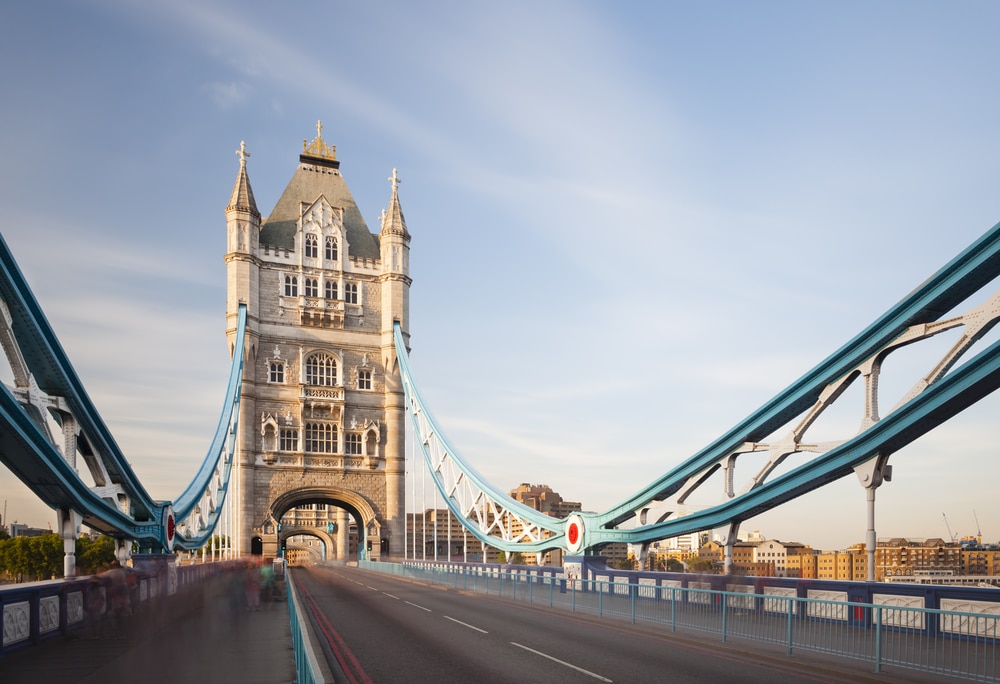
Today’s lockdown extension means we’ve got at least another three weeks of social distancing ahead of us.
In today’s government briefing, Dominic Raab – the UK Foreign Secretary, and acting Prime Minister whilst Boris Johnson continues his recovery from coronavirus – confirmed what had long been expected: the UK will now enter another three weeks of lockdown, in order to further prevent the spread of coronavirus. The lockdown extension means that our current social distancing measures will now continue until at least May 7.
See also: All the most important FAQs about the UK lockdown.
The Cabinet held an emergency COBRA meeting earlier today to assess the current regulations – an assessment required every three weeks, under the same law which empowered the government to lock down the UK in the first place. Based on the scientific and medical advice available, the committee concluded that an extension of the UK lockdown was essential, continuing measures which began on March 23.
Announcing the move just minutes ago, Raab said “we will follow carefully and deliberately the scientific advice we’ve received”. The UK will therefore remain in lockdown until May 7 at the earliest, when the measures will once again undergo a three-week review. Acknowledging that the news will be a blow to those who were hoping for better news, Raab explained that “We don’t have the infection rate down as far as we need to… [and] any change to our social distancing measures now would risk a significant increase in the spread of the virus”. He concluded by saying that “now is not the moment to give coronavirus a second chance”.
To recap what that all means – if it’s not already seared into your brain from living it day-to-day – UK residents are asked to stay in their homes at all times. Trips outside of the home are restricted to infrequent visits to the supermarket or pharmacy, for any medical need or to provide care for a vulnerable person, travelling to and from work where absolutely necessary, and for one form of exercise a day (for example a run, walk, or cycle) either alone or with people from your household.
See also: Here are the rules about daily exercise during lockdown.
Lockdown measures are expected to continue until the scientific evidence suggests that we’ve moved past the peak of the virus in the UK, though forecasting when exactly that will be remains a very tricky science. Though the present focus remains on social distancing, Raab did outline some steps by which the government would consider relaxing the lockdown, stating that five things must happen before the laws are relaxed.
These things are as follows: first, that the NHS has the ability to cope with the number of active cases, second, to see a sustained and consistent fall in daily death rates, third, reliable data that the rate of infection is decreasing, fourth, that operational challenges (testing kits for suspected cases and a suitable amount of PPE) are in hand, and finally, a confidence that any adjustment to the current measures won’t invite a second peak of the virus. Once all these tests are met, “we will look to adjust the measures to make them as effective as possible in protecting public health, whilst allowing some economic and social activity to resume”, Raab revealed.
With the daily death toll still alarmingly high, the rationale for the lockdown extension is quite apparent, but there is some encouragement from recent news that social distancing appears to be slowing the spread. No matter how tiring and frustrating staying indoors near-constantly is, our efforts really are helping to save lives right now – so buckle up for another few weeks indoors in the knowledge that you’re making a difference every day.
(Oh, and if you’re stuck for ideas to keep you entertained during lockdown, check out our bucket list of 101 ideas to try)



